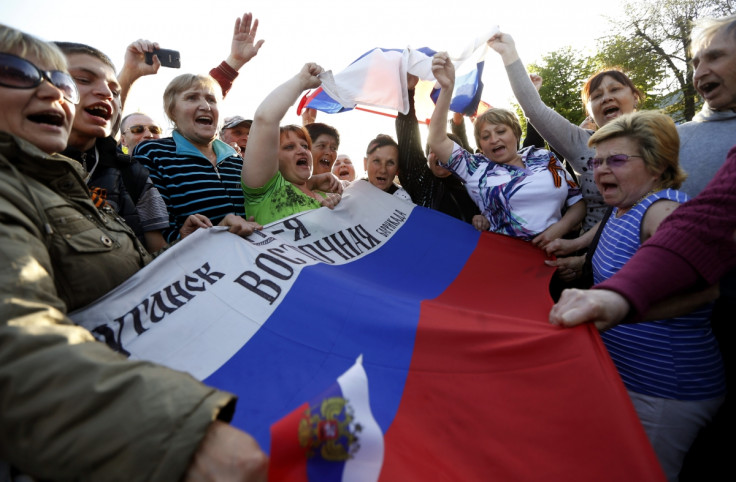Russian Sanctions 'Could Hit 130,000 European Jobs'

The European Union could lose €6.7bn ($9bn, £5.4bn) in annual production, equating to 130,000 job losses, should Russia uphold its sanctions on European fresh produce.
New research from Dutch bank ING calculated that Germany stands to take the biggest production losses, Poland the most job losses and the Baltic states would take the biggest hit, relative to the size of their economies.
The bank estimates that in total, Russian demand is worth 0.7% of GDP. The 27-member EU grew at 0.2% in the last quarter. If 0.7% of GDP was missing for two successive quarters, the region would find itself once more mired in recession, if there was not a pickup in demand from elsewhere.
"The ban on western food puts downward pressure on western exports to Russia – directly through the loss of food exports to Russia and indirectly through western companies that are suppliers of inputs and services to companies that export food products directly to Russia," wrote the report's author Raoul Leering.
The note was released in the same day that other European banks warned of the impact the sanctions may have on Europe's economy.
Another Dutch bank, Rabobank, said: "The consequences of the trade conflict with Russia that has recently flared up represent an uncertain factor," while Austria's Raiffeisen warned that the sanctions are being viewed "with a certain concern".
However, the banks are rather more bullish on their own prospects. Neither has plans to withdraw from the Russian market and say that they expect the ongoing crisis to have a minimal impact on their earnings.
"The impact of the sanctions on Raiffeisen's business is indeed very low. I do not see any reason to question our business in Russia. We still consider Russia to be an attractive banking market in the medium and long term and therefore we will stay in this market," said Karl Sevelda, Raiffeisen's chief executive, in a news release.
Situation Escalates
The sanctions situation seems to change on daily basis (often more than once within a day).
Yesterday, Belarus cancelled a ban on live cattle from the European Union, as it looks to increase its exports to Russia.The ban had been introduced in 2012 after an outbreak of the Schmallenberg virus, which causes congenital malformations and stillbirths in cattle sheep and goats, in Europe.
This move came in the same week that Russia said it would permit the import of foodstuffs from the EU which had been processed in Belarus. Simultaneously, though, some members of President Vladimir Putin's court were talking up additional sanctions.
"If sanctions are not lifted, Russia may respond quite seriously in this sphere as well. The proposals to restrict wine deliveries to Russia from Germany, France and Italy do not look so foolish. And then we can speak about the promotion of Crimean wine products which, incidentally, have received numerous awards," said one of Russia's top lawmakers, Vladimir Gutenev, on Wednesday.
© Copyright IBTimes 2025. All rights reserved.






















